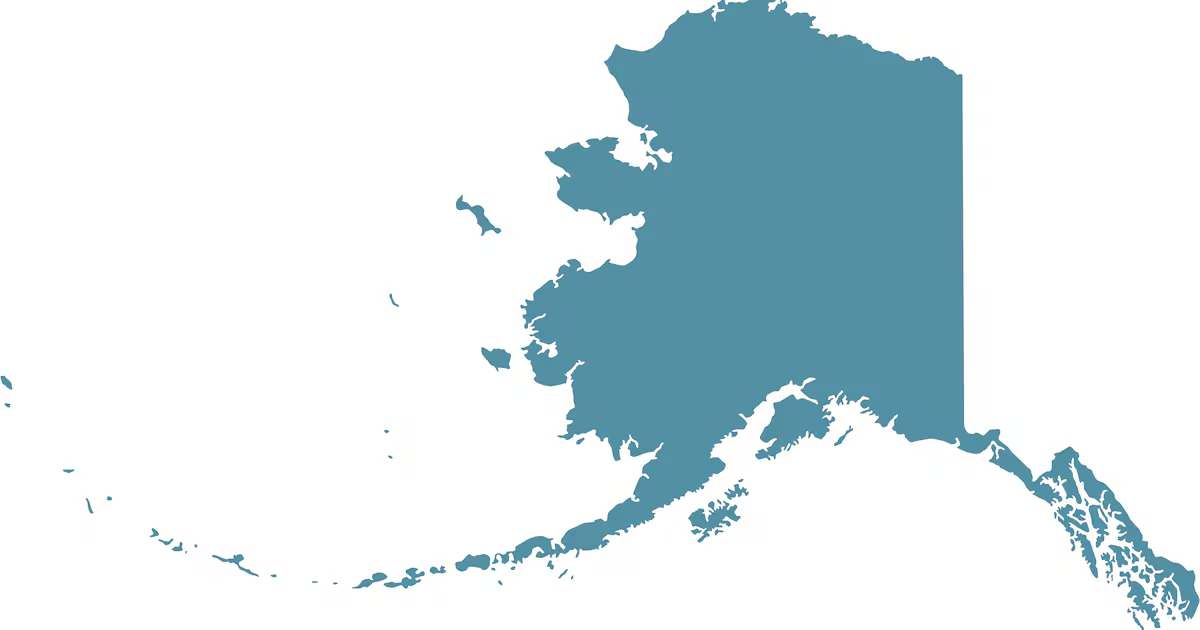Opinion: The BLM public lands rule is important for tribes and should not be undone

iStock / Getty Images
As chairman of the Bering Sea Interior Tribal Commission and its 40 member tribes, I’m writing to communicate the commission’s strong opposition to the proposed rescission of the Public Lands Rule, also known as Bureau of Land Management’s Conservation and Landscape Health Rule.
The rule provides measures that significantly improve the BLM’s ability to manage its public lands. The provisions of the proposed rule providing a meaningful role for tribes in decision-making and management of public lands, promoting the designation and protection of areas of critical environmental concern, and placing conservation on equal footing with other uses in the multiple use framework are key elements the Tribal Commission supports that should be retained.
The Tribal Commission is a consortium of 40 federally recognized Alaska tribes working in unity to protect our traditional ways of life by advocating for land-use planning processes and natural resource management decisions that reflect our voices and values. The Tribal Commission and our member tribes have extensively engaged in the BLM’s planning processes for the Bering Sea-Western Interior and Central Yukon planning areas. Between the two planning areas, the BLM manages over 26 million acres of land encompassing our member tribes’ traditional homelands and areas that continue to sustain our subsistence-based ways of life.
There must be a meaningful role for Alaska’s 229 tribes in decision-making and management of public lands in our state. The BLM, like all federal agencies, has a trust responsibility to tribes and must engage in meaningful government-to-government consultation when making decisions that may affect tribal interests. The Bureau must manage public lands in a manner that fulfills this trust obligation and is consistent with the nation-to-nation relationship between tribes and the United States. The Tribal Commission was encouraged to see provisions in the proposed public lands rule that further the fulfillment of the BLM’s trust obligation and provide a meaningful role for tribes in the management of public lands.
The Tribal Commission believes the rule’s provisions requiring meaningful tribal consultation and the incorporation of Indigenous knowledge in the Bureau’s decision-making are essential elements that should be continued. Additionally, the rule’s requirement that Indigenous knowledge be on equal footing with other forms of information is also an essential element to preserve. The rule requires the BLM to meaningfully consult with tribes when a management action may impact tribes and should recognize that each tribe has special expertise and is uniquely qualified to determine the effects a decision may have on the Tribe and its citizens.
Tribal co-stewardship, a pathway for the BLM to fulfill its trust obligation to tribes in the management of public lands, is a concept that should also be retained. The rule requires the Bureau to consider whether the agency “can identify opportunities for co-stewardship with Tribes” when identifying lands to be put to conservation use.
The Federal Land Policy and Management Act (FLPMA) defines the Bureau’s land management authority and requires that the agency “give priority to the designation and protection of areas of critical environmental concern” when developing and revising resource management plans. The statute also directs that “regulations and plans for the protection of public land areas of critical environmental concern be promptly developed.” The Public Lands Rule is consistent with FLPMA’s mandates that areas of critical environmental concern (ACECs) be “the principal designation for protecting important natural, cultural, and scenic resources.”
The Tribal Commission strongly opposes the proposal to rescind the Public Lands Rule and encourages the agency to retain the rule to meet its trust responsibility with tribes and other essential lawful FLPMA requirements.
Frank Katchatag of Unalakleet is chairman of the 40-tribe Bering Sea Interior Tribal Commission.
• • •
The Anchorage Daily News welcomes a broad range of viewpoints. To submit a piece for consideration, email commentary(at)adn.com. Send submissions shorter than 200 words to letters@adn.com or click here to submit via any web browser. Read our full guidelines for letters and commentaries here.





